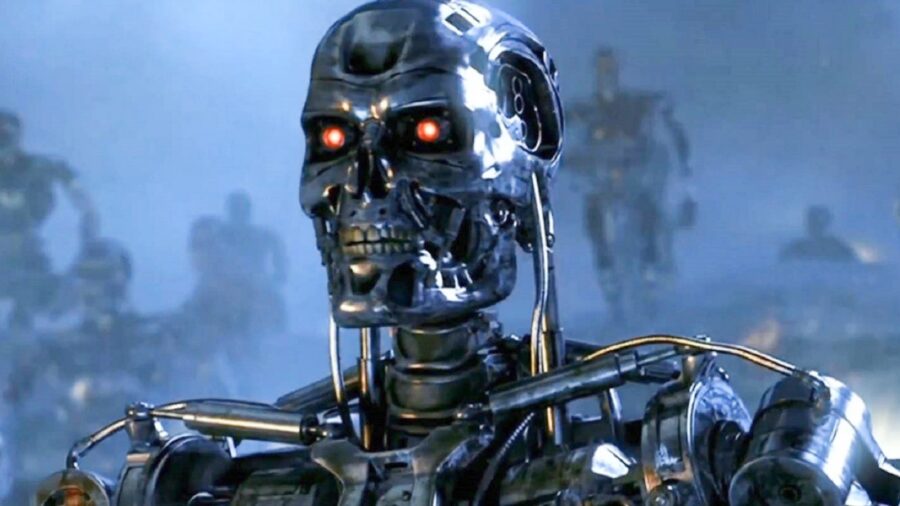Google Is Close To Achieving True Artificial Intelligence?
Someone John Connor to a bunker!
This article is more than 2 years old

DeepMind, a Google-owned British company, might be on the verge of creating human-level artificial intelligence. The revelation was made by the company’s lead researcher Dr. Nando de Freitas in response to The Next Web columnist Tristan Greene who claimed humans will never achieve AGI. For anyone who doesn’t know, AGI refers to a machine or program that can understand or learn any intellectual task that humans can. It can also do so without training.
Addressing the somewhat pessimistic op-ed, and the decades-long quest to develop artificial general intelligence, Dr de Freitas said the game is over. The researcher’s statements come after DeepMind unveiled an AI system capable of completing a wide range of complex tasks, from stacking blocks to writing poetry. Described as a “generalist agent”, the Google division’s new Gato AI just needs to be scaled up to create an AI capable of rivaling human intelligence, Dr de Freitas said.
Solving these scaling challenges is what will deliver the desired results. However, DeepMind hasn’t officially stated that its new Gato multi-modal artificial intelligence system is capable of AGI. But, according to The Byte, it seems to be only a matter of time before Google is the first to achieve it. Interestingly, leading researchers have warned that AGI could result in an existential catastrophe for humanity. Oxford University Professor Nick Bostrom even speculated that a super-intelligent system, which surpasses biological intelligence, could see humans replaced as the planet’s dominant life form.
His biggest concern with the arrival of an AGI system, capable of teaching itself and becoming exponentially smarter than humans, is that it would be impossible to turn off. But the DeepMind team appears to have that covered, with Dr de Freitas saying that safety is of paramount importance when developing this type of artificial intelligence.“It’s probably the biggest challenge we face,” he wrote via The Independent). He added that it’s something everyone should be thinking about.
DeepMind was founded in London in 2010 and was acquired by Google in 2014. The artificial intelligence company now has additional research facilities in Edmonton and Montreal, Canada. There’s also an applied team in Mountain View, California. The tech outfit is known for creating an AI program that defeated professional Go player Lee Sedol in a five-game match in 2016, the Daily Mail reports. Sedol was the world champion at the time.
In 2020, DeepMind said it had solved a 50-year-old biological problem known as “protein folding.” This refers to knowing how a protein’s amino acid sequence dictates its 3D structure. The company claimed to have solved the problem (with 92% accuracy) by training a neural network with 170,000 known protein sequences and their different structures. And now they are on a mission to push the boundaries of artificial intelligence by developing programs that can solve any complex problem without needing to learn how.
If DeepMind is successful, the artificial intelligence company says it will be one of the most important and widely beneficial scientific advances ever made. To date, the Google-led endeavor has made headlines for several creations. This included software it created that taught itself how to play and win at 49 completely different Atari titles, with just raw pixels as input (via The Independent).












